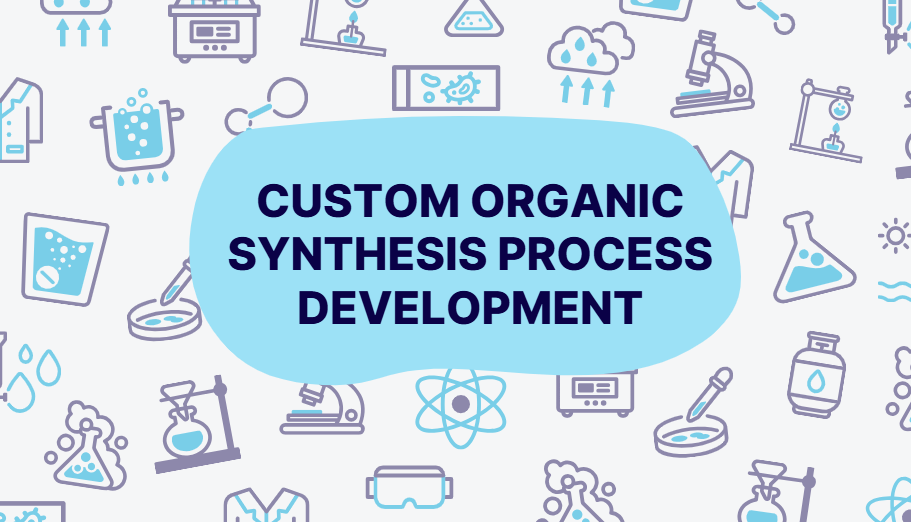Overview
Startups in the pharmaceutical and materials science sectors often face hurdles like limited resources, expertise gaps, and time constraints. Partnering with a custom polymer synthesis Contract Research Organization (CRO) can help bridge these gaps and accelerate innovation.
This case study illustrates how a CRO specializing in custom polymer synthesis enabled a biotech startup to develop an advanced material for biomedical applications, turning their vision into a market-ready product.
The Startup’s Challenge
A biotech startup aimed to create a biodegradable polymer scaffold for tissue engineering applications. Their goals included:
- Tailored Material Properties: Achieve specific mechanical strength and degradation rates.
- Biocompatibility: Ensure no adverse immune response.
- Scalability: Develop a synthesis process that could be scaled for commercialization.
Despite their ambitious vision, the startup faced several obstacles:
- Limited expertise in polymer chemistry.
- Lack of infrastructure for complex synthesis techniques.
- A tight timeline to secure funding based on prototype delivery.
The Role of the CRO
The startup partnered with a CRO offering expertise in custom polymer synthesis to address these challenges. The CRO provided:
1. Technical Expertise
The CRO’s team included specialists in polymer design, synthesis, and characterization. They helped the startup identify a polycaprolactone (PCL)-based copolymer as the ideal material, offering a balance of strength, elasticity, and biodegradability.
2. Custom Synthesis Solutions
Using advanced synthesis methods, the CRO tailored the PCL-based copolymer to meet the startup’s specifications:
- Mechanical Strength: Adjusted molecular weight and crosslinking density for optimal scaffold support.
- Degradation Rates: Incorporated specific comonomers to tune hydrolytic breakdown over 3-6 months.
- Functionalization: Added surface groups to enhance cell adhesion and growth.
3. Prototyping and Characterization
The CRO developed polymer batches for 3D printing scaffold prototypes. Detailed characterization ensured compliance with performance benchmarks, including:
- Tensile strength and elasticity.
- Controlled degradation under simulated physiological conditions.
- Cytocompatibility confirmed through in vitro testing.
4. Scalable Process Development
The CRO optimized the synthesis process for scalability, allowing the startup to transition seamlessly from lab-scale production to pilot manufacturing.
Results
The partnership delivered measurable outcomes that empowered the startup to succeed:
- Material Development
The CRO delivered a custom polymer scaffold prototype that met all specified criteria, from mechanical performance to biocompatibility. - Accelerated Timeline
With the CRO’s support, the startup met its product development milestones 30% faster than projected, securing critical investor funding. - Cost Savings
By outsourcing polymer synthesis, the startup avoided significant capital expenditure on infrastructure and equipment. - Market Advantage
The startup launched their product ahead of competitors, gaining a foothold in the rapidly growing tissue engineering market.
Why Partnering with a CRO Works
This case study underscores the value of collaborating with a custom polymer synthesis CRO:
- Access to specialized expertise without internal hiring.
- Availability of state-of-the-art infrastructure for synthesis and analysis.
- Accelerated product development, critical for startups navigating competitive markets.
Conclusion
The biotech startup’s success was made possible through strategic collaboration with a custom polymer synthesis CRO. By leveraging the CRO’s expertise, the startup not only met its technical and commercial goals but also established itself as an innovator in tissue engineering.
If your organization is exploring polymer-based solutions, learn more about how we can support your innovation journey on our Custom Polymer Synthesis Services page. For further assistance, visit our Contact Us page.

